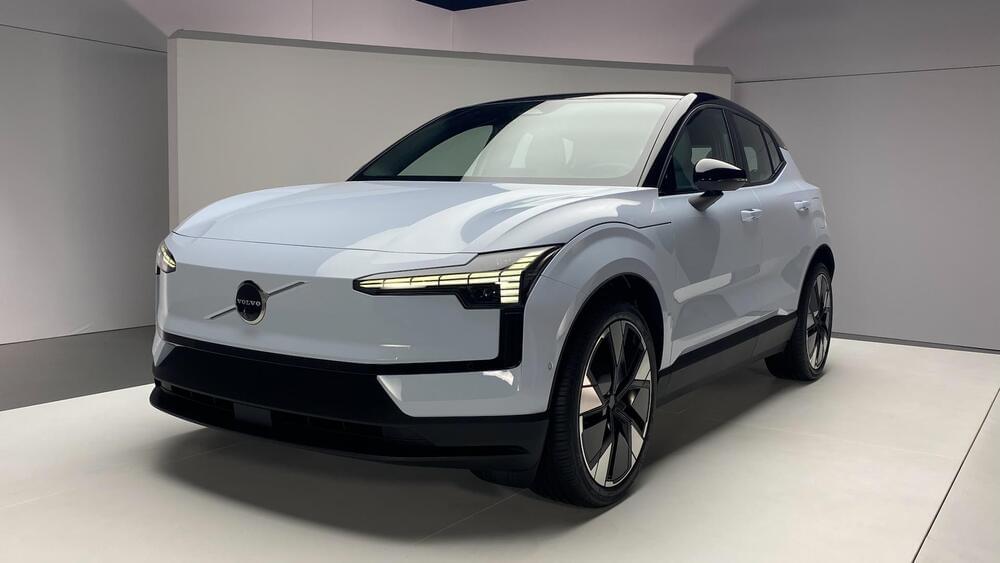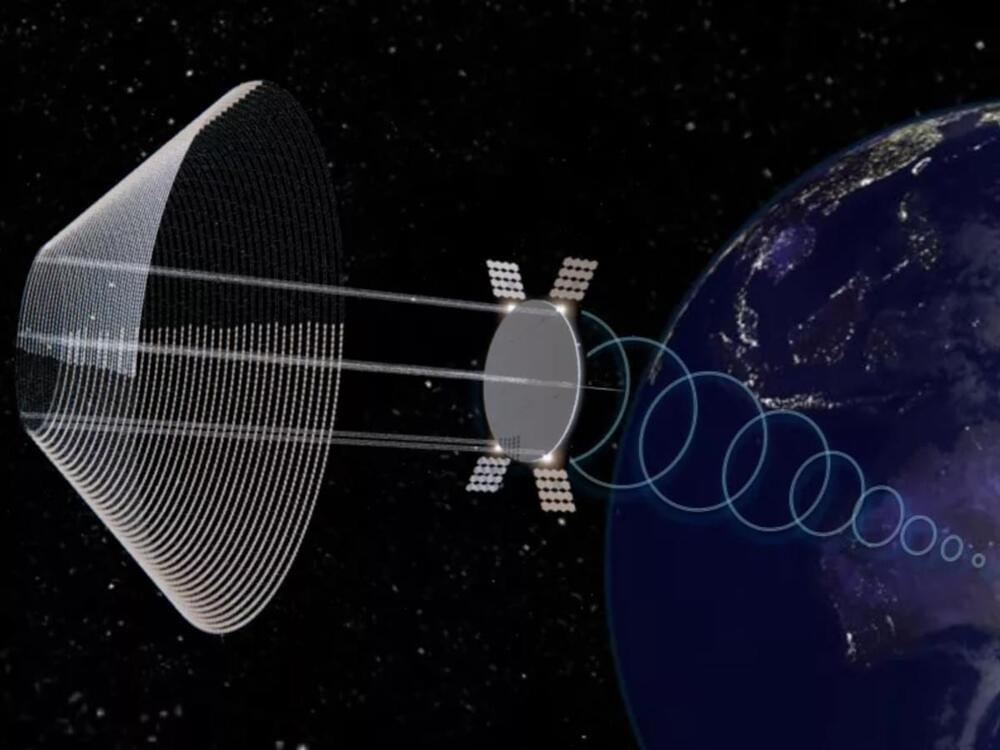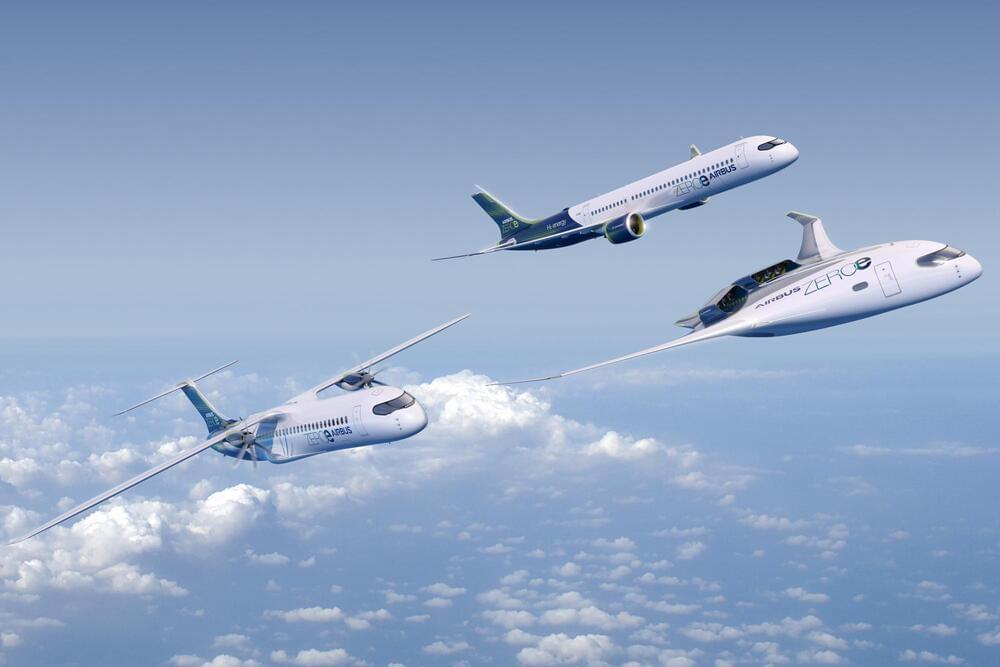N-ARK
Japanese architectural startup N-ARK may have come up with a concept that could help.


Photosynthesis. The maps elucidate the complex energy transfer process in photosynthesizing bacteria, providing a clear picture of how sunlight energy is channeled from the outer to the inner molecular ring of the light-harvesting complex.
Systems obeying quantum mechanics are notoriously difficult to visualize, but researchers at the University of Illinois Urbana-Champaign have developed an illustration technique that displays quantum features in an easy-to-read diagram called a coherence map. The researchers used these maps to study the quantum mechanisms that underlay photosynthesis, the process by which plants and some bacteria use sunlight to convert carbon dioxide and water into food.

Tesla is preparing to ramp up 4,680 battery cell production in Fremont, California. The company recently signed a lease for a new manufacturing facility for essential battery technology that will likely be used for 4,680 cell production.
Sources familiar with the matter told the Business Times that Tesla signed a lease with the industrial real estate investment trust Prologis on a 210,000 sq.ft advanced manufacturing facility. One source shared that the facility would support Tesla’s 4,680 battery cell production.
In Q3 2022, Tesla tripled its 4,680 cell production compared to the previous quarter. Elon Musk and the rest of the Tesla board discussed ramping 4,680 productions at the third quarter earnings call last year.

The mounds that certain species of termites build above their nests have long been considered to be a kind of built-in natural climate control—an approach that has intrigued architects and engineers keen to design greener, more energy-efficient buildings mimicking those principles. There have been decades of research devoted to modeling just how these mounds function. A new paper published in the journal Frontiers in Materials offers new evidence favoring an integrated-system model in which the mound, the nest, and its tunnels function together much like a lung.
Perhaps the most famous example of the influence of termite mounds in architecture is the Eastgate Building in Harare, Zimbabwe. It is the country’s largest commercial and shopping complex, and yet it uses less than 10 percent of the energy consumed by a conventional building of its size because there is no central air conditioning and only a minimal heating system. Architect Mick Pearce famously based his design in the 1990s on the cooling and heating principles used in the region’s termite mounds, which serve as fungus farms for the termites. Fungus is their primary food source.
Conditions have to be just right for the fungus to flourish. So the termites must maintain a constant temperature of 87° F in an environment where the outdoor temperatures range from 35° F at night to 104° F during the day. Biologists have long suggested that they do this by constructing a series of heating and cooling vents throughout their mounds, which can be opened and closed during the day to keep the temperature inside constant. The Eastgate Building relies on a similar system of well-placed vents and solar panels.

The Los Angeles Affordable Housing Challenge, the 16th installment of Buildner’s affordable housing competition series, welcomes architects and design enthusiasts from around the globe to submit inventive solutions to tackle Los Angeles’ housing crisis. As the city grapples with skyrocketing rents, gentrification, and expensive starter homes, affordable housing for lower-income households has become increasingly scarce.
This competition seeks to generate imaginative and pragmatic solutions to address the diverse housing needs of Los Angeles residents, including families, single professionals, and couples. Participants are encouraged to think beyond conventional housing models and explore innovative designs that offer flexibility, affordability, sustainability, and a sense of community.


The ability to produce more electricity per weight compared to traditional silicon solar cells makes them highly suitable for sending into space to harvest the Sun’s energy, according to the researchers.
“High specific power is actually one of the greatest goals of any space-based light harvesting or energy harvesting technology,” said Deep Jariwala from the University of Pennsylvania.
“This is not just important for satellites or space stations, but also if you want real utility-scale solar power in space. The number of [silicon] solar cells you would have to ship up is so large that no space vehicles currently can take those kinds of materials up there in an economically viable way.”


BEIJING, June 9 (Reuters) — BYD announced on Friday a new brand of electric vehicles (EV) ranging from off-road to sports cars as the company looks to meet more diversified consumer demand.
The new brand is called Fang Cheng Bao, which translates from Chinese literally as “Formula” and “Leopard”. The Chinese EV giant is expected to launch the first model this year — an SUV identified for now internally as SF, BYD said in a statement.
BYD, with its Dynasty and Ocean series of pure electric and plug-in hybrid models mostly priced under 300,000 yuan ($42,140.16), has been out selling Volkswagen-branded cars in China since November.
The Honda Riding Assist is an electric vehicle that has a low center-of-gravity and a very low seat height. In a global debut at CES, Honda unveiled the Honda Riding Assist motorcycle, which leverages our robotics technology to create a self-balancing motorcycle that greatly reduces the possibility of failing over while the motorcycle is at rest.
source/image: Alpha SQUAD official.